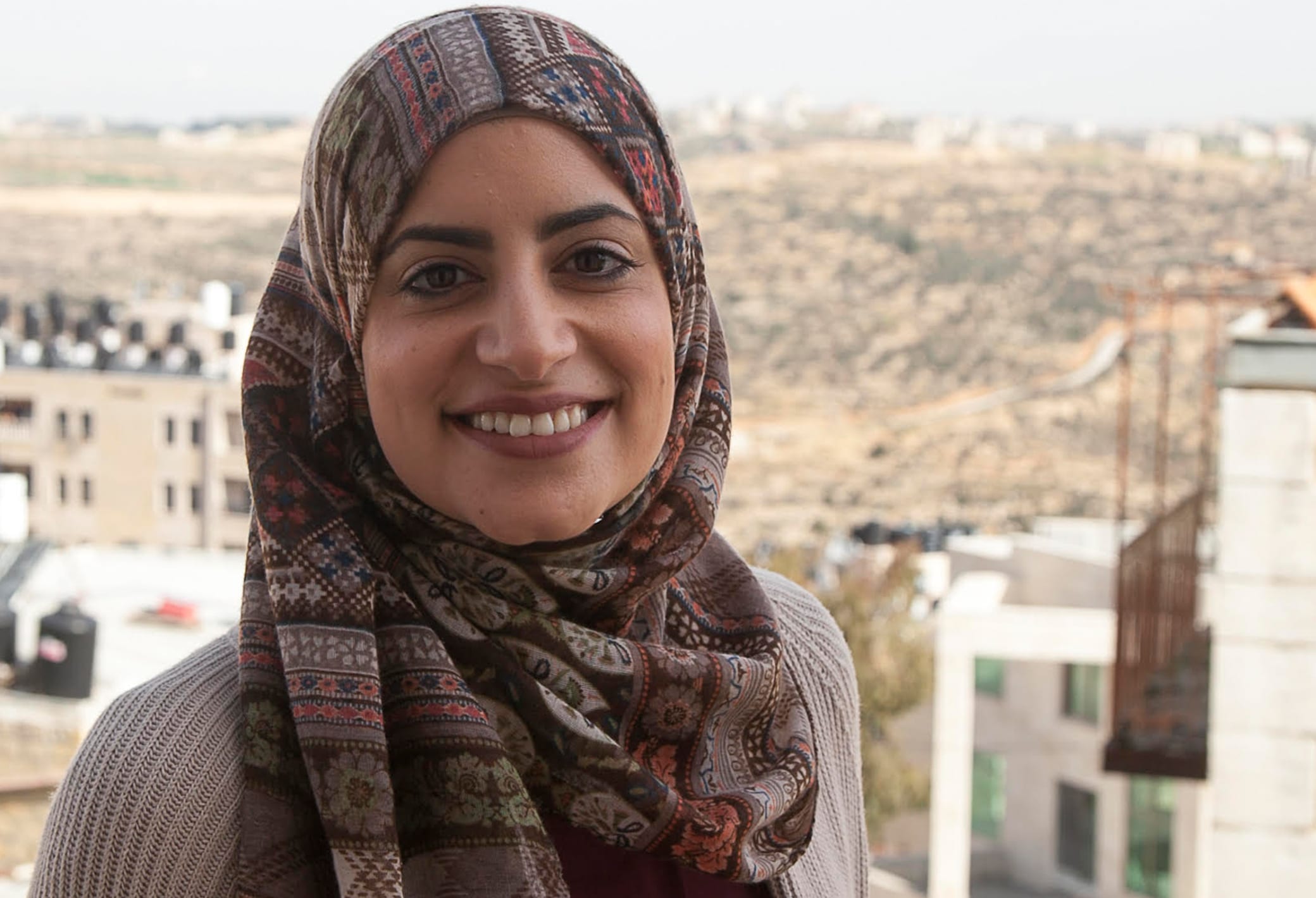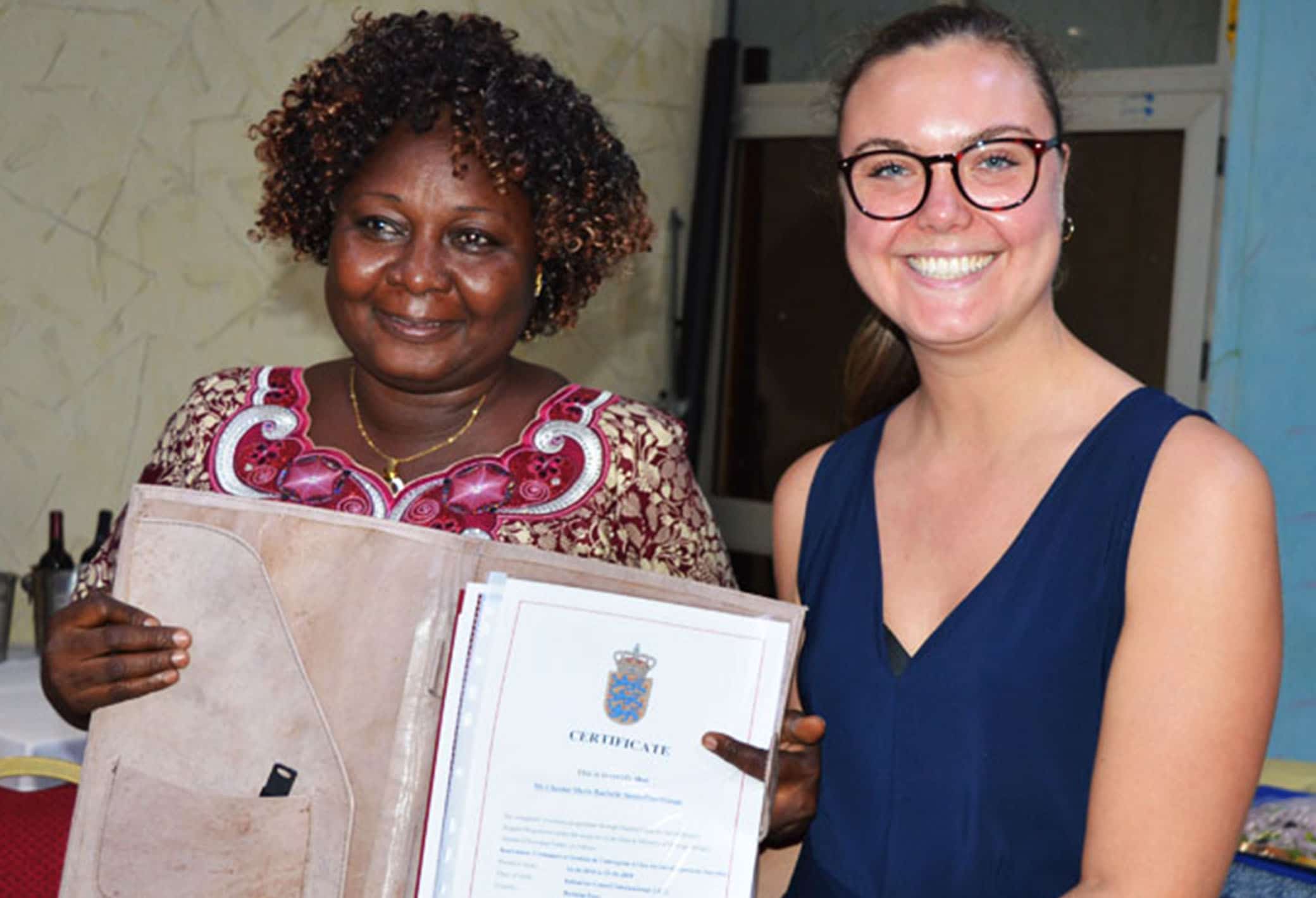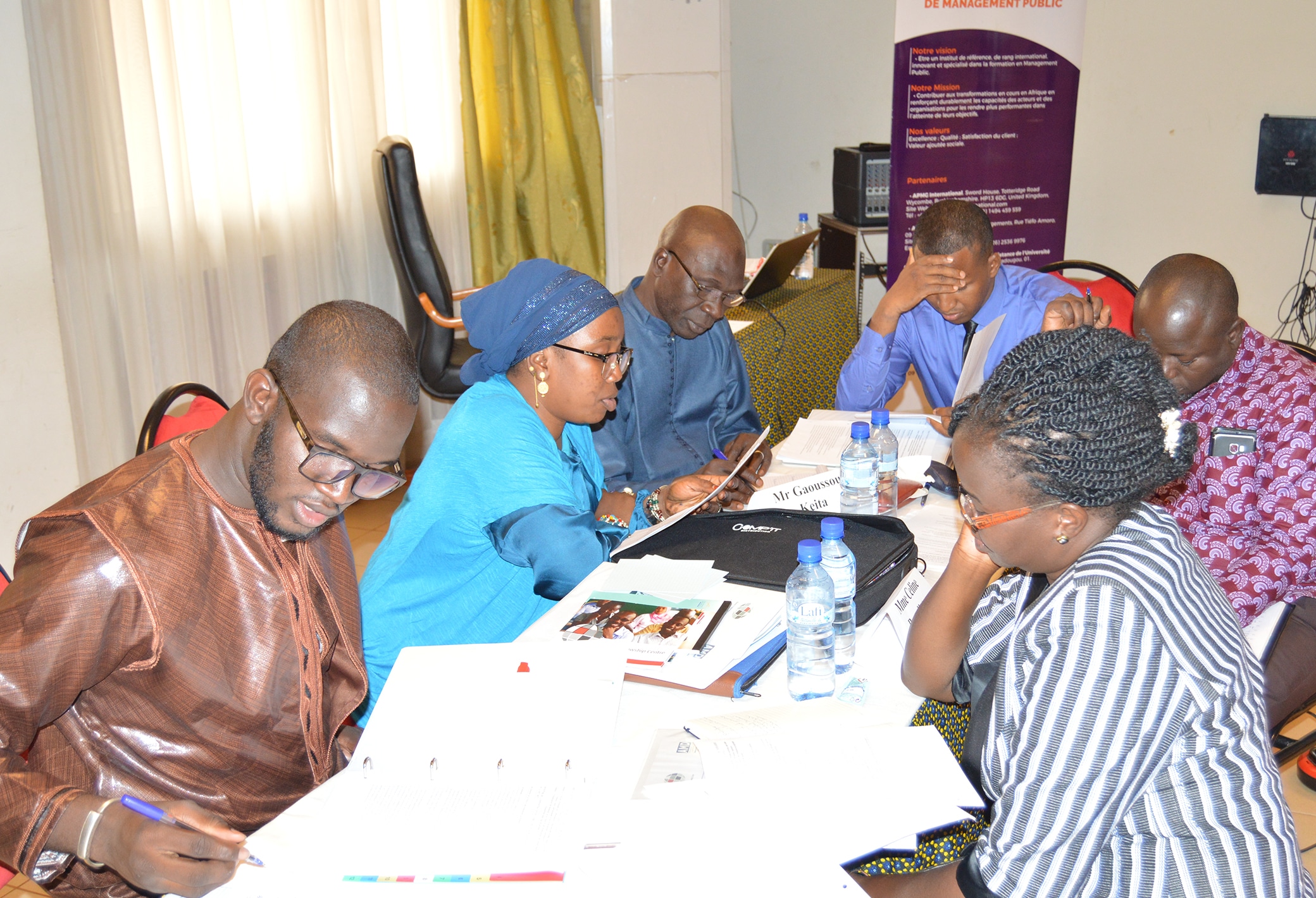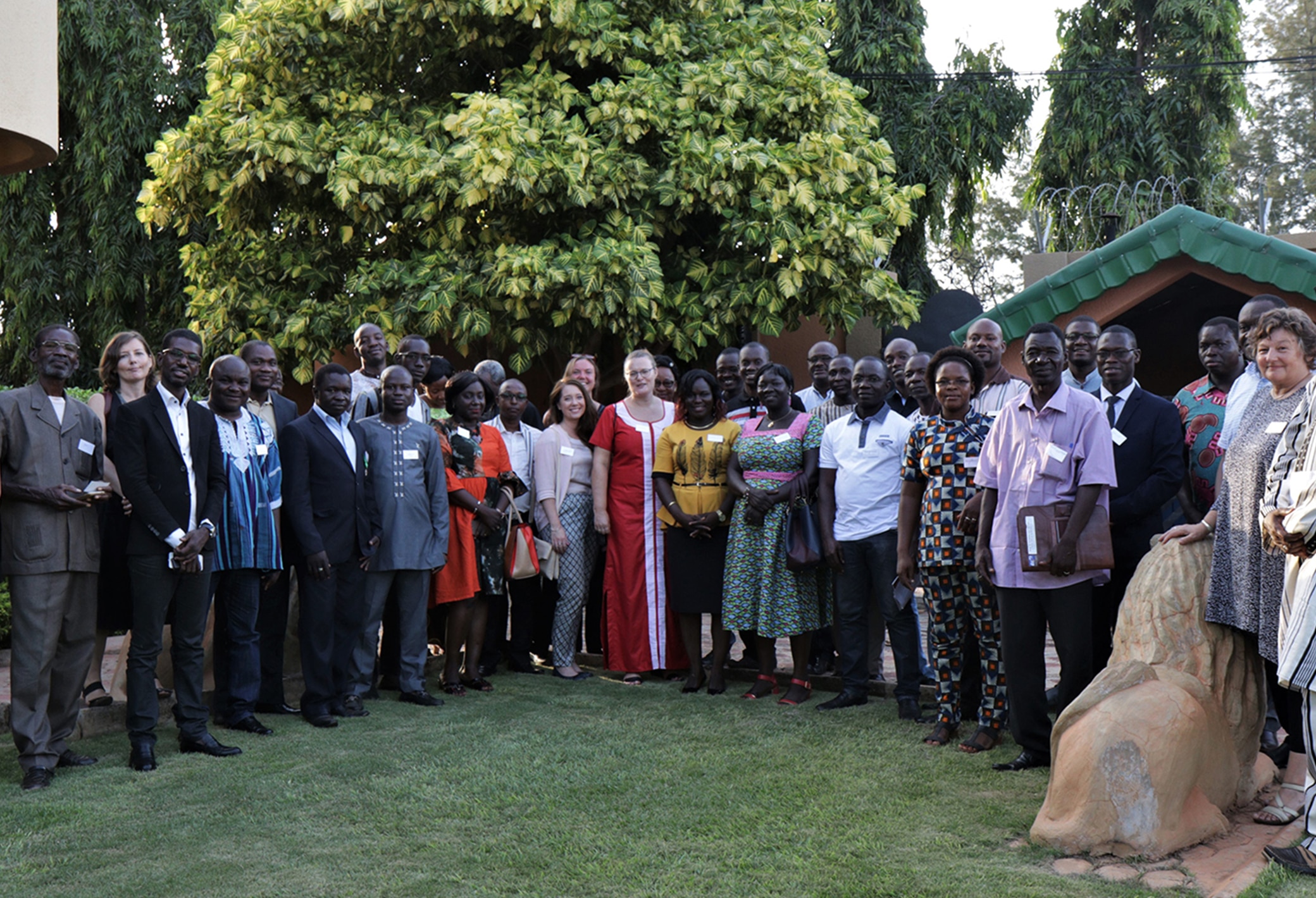Capacity development for the benefit of peace and stability
12-03-19

I was happy to participate in “A Human Rights Based Approach to Development Programming” training in Copenhagen in 2017. It was my first training course in such a topic. I must say that I have received great knowledge. Read her testimonial here.
Afghanistan, Burkina Faso, Mali, Niger, Palestine, Somalia are categorized as fragile states in Denmark’s strategy for development cooperation and humanitarian action. Since the year 2000 just under 2,000 local employees from these countries have participated in Danida Fellowship Centre’s capacity development courses. The courses are our contribution to reaching the Sustainable Development Goals, most especially # 1: No Poverty and # 16: Peace, Justice and Strong Institutions, says Annette Kaalund Jørgensen, Capacity Development Advisor.
26 years’ experience of capacity development in fragile states
Danida Fellowship Centre offers capacity development courses and learning initiatives that support Denmark’s work and programmes in the Strategic Sector Cooperation countries and Danida priority countries. Read about our courses here. This means that the centre also works in the countries described in the Danish strategy as “fragile states”.
Danida Fellowship Centre has through all the years offered courses to the Danida programmes in these countries in conjunction with differing companies and institutions such as COWI, Niras, Tana Consult and the Danish Institution for Human Rights. Thousands of individuals have been trained either in Denmark or in Burkina Faso, Mali, Uganda, Tanzania, Kenya, Mozambique or Nepal. Since the year 2000, a total number of 1,948 local employees from these fragile states have participated in one or more of the capacity-developing learning courses.
All Danida Fellowship Centre’s learning courses and initiatives contribute to the Sustainable Development Goals, but in the countries in question they particularly support Goal # 1: No Poverty and Goal # 16 Peace, Justice and Strong Institutions, says Annette Kaalund Jørgensen, Capacity Development Advisor.

Always demand-driven courses
Danida Fellowship Centre’s courses have always been driven by demand and the needs of the Danish embassies and the programmes in the countries with which Denmark collaborates.
An example is the very popular “Public Financial Management & Good Governance” course. From the outset, the guiding principle was that the course should support the Danish programmes and the work of the Danish Embassy in the countries in question. At the same time, it should be in line with the countries’ own development priorities and strategies and be part of strengthening their administrative setup.
Other courses that have frequently been requested by the Danish embassies in the fragile states are “Conflict Transformation”, “A Human Rights Based Approach to Development Programming” and “Strengthening the Capacity of Civil Society Organizations”.
Similarly, courses aimed at the private sector, for example “Entrepreneurship and Innovation in the Agricultural Industry”, “Public-Private Partnership” and “Bâtir des entreprises agri. performantes en Afrique aujourd’hui” (“Building successful agribusinesses in Africa today”).
In Burkina Faso, we have seen the benefits of Danida Fellowship Centre’s courses whether they are in innovation and entrepreneurship or conflict resolution. We keep requesting the courses because they are highly relevant in our context, says Ignace Ouédraogo, Programme Officer at the Danish Embassy in Ougadougou.
Action learning
Usability is always a key element when Danida Fellowship Centre designs a new course. Whatever the subject matter, the participants will be tasked with creating an action plan – and to implement it as part of their job assignments at home.

Whenever relevant and feasible, exposure trips to companies, public institutions or other relevant sites are included in the course plans.
Knowledge sharing with colleagues from other countries is also an essential component. It allows the participants to share experiences and opens for new perspectives.
My experience is that the trainings provided a unique opportunity for networking and peer learning with various group of participants. The monitoring of development projects in fragile and conflict situations was often the focus of informal peer discussions and it was quite educational to learn about other participants’ experiences as we shared many fundamental challenges, says Tamim Bedar, Programme Manager, Danish Embassy, Kabul.
Since year 2000, 116 persons from Afghanistan have participated in Danida Fellowship Centre’s courses, 486 from Mali, 309 from Niger, 116 from Palestine, 14 from Somalia and 17 from South Sudan. Burkina Faso is the country on the list of fragile states with the most Danida fellows, namely 893.

